Ukraine declares martial law
Tensions with Russia escalate as world powers urge both sides back from the brink
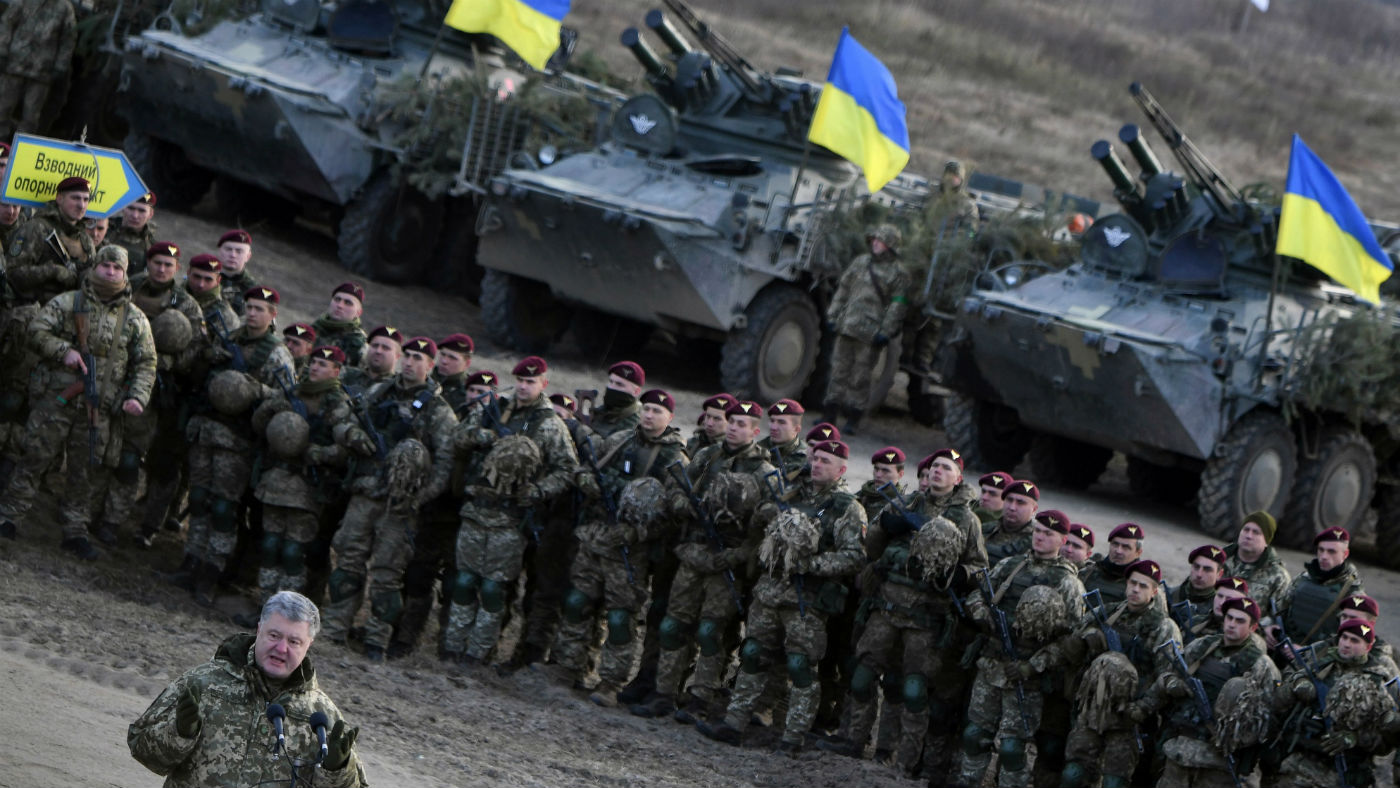
A free daily email with the biggest news stories of the day – and the best features from TheWeek.com
You are now subscribed
Your newsletter sign-up was successful
Ukraine’s President Petro Poroshenko has declared martial law as both he and Russian President Vladimir Putin look to take advantage of a sudden escalation in tension between the two countries.
Ukrainian lawmakers yesterday voted to implement a 30-day martial law period after Russia seized three Ukrainian navy ships and detained 24 sailors on Sunday “in a key waterway that holds strategic importance for both countries”, reports CNN.
Poroshenko has stressed these emergency powers will only be a temporary “defensive” measure that will not impact March’s presidential election, but CNBC says analysts have warned that the prospect of martial law is likely to add further “instability to the situation.”
The Week
Escape your echo chamber. Get the facts behind the news, plus analysis from multiple perspectives.

Sign up for The Week's Free Newsletters
From our morning news briefing to a weekly Good News Newsletter, get the best of The Week delivered directly to your inbox.
From our morning news briefing to a weekly Good News Newsletter, get the best of The Week delivered directly to your inbox.
“Neither side has much to gain from re-igniting the full-on shooting war of 2014 and 2015. But we can expect both Moscow and Kiev to exploit it for political gain,” writes Roland Oliphant in The Daily Telegraph.
Faced with plunging approval ratings over unpopular pension reforms, Vladimir Putin has already moved to use the incident to boost support back home.
Russian state news outlet TASS has reported the confrontation as a “provocation” orchestrated by Ukraine and others in America to disrupt the forthcoming meeting between Putin and US President Donald Trump at the G20 summit in Buenos Aires this week.
In Ukraine, The Independent's Moscow correspondent, Ollie Carroll, says “already democratically minded parliamentarians are voicing fears about how the state of martial law could be used - perhaps to postpone presidential elections to a more favourable time politically”.
A free daily email with the biggest news stories of the day – and the best features from TheWeek.com
“We know that President Poroshenko is trailing in the polls, hit by squeezed living standards and the continuing war in the East,” he writes.
“Events of this kind are likely to reinforce support for Poroshenko, as one of his main campaign strategies has been to emphasise security concerns about Russia and the importance of upgrading the Ukrainian military," Emily Ferris, a Russia expert at think tank the Royal United Services Institute, told CNBC.
In a related development that is likely to further inflame tensions, an arbitration court in Paris ruled yesterday that Russia must pay £1 billion in damages for property seized in the annexation of Crimea.
But Oliphant says the political opportunists in the Kremlin and Kiev “are seeking to exploit an extremely dangerous situation with real military and strategic implications”.
With the EU currently preoccupied with Brexit and Donald Trump silent, Russia's move occurred in a diplomatic vacuum that makes the danger of escalation greater than any time in years.
The UN Security Council met for an emergency meeting yesterday evening to discuss the crisis, but failed to agree a Russian-proposed agenda amid sharp disagreements between Moscow and the West.
Nato has voiced support for the Ukrainians, but warns both sides to calm tensions, while Ukraine’s western allies have strongly backed Poroshenko.
So what can they do to influence Russian behaviour?
“There will be talk of more economic sanctions,” says BBC defence correspondent Jonathan Macus, “but Russia is already heavily sanctioned and this has not encouraged it to rethink its annexation of Crimea”.
There will be calls for additional support for Ukrainians in the form of further Nato training for Kiev’s military while the Trump administration was already considering calls to sell additional weaponry to Ukraine.
“But there is a difficult balance to be struck between support for Ukraine's territorial integrity on the one hand and avoiding anything that might tip the conflict into full-scale war,” says Marcus.
With the Ukrainian navy effectively split in two, “it's unclear what the Ukrainian Government and its military is willing or capable of doing,” says ABC Australia, “but these are the sort of events that can spiral out of control and spark a full-scale conflict”.
-
 Political cartoons for February 20
Political cartoons for February 20Cartoons Friday’s political cartoons include just the ice, winter games, and more
-
 Sepsis ‘breakthrough’: the world’s first targeted treatment?
Sepsis ‘breakthrough’: the world’s first targeted treatment?The Explainer New drug could reverse effects of sepsis, rather than trying to treat infection with antibiotics
-
 James Van Der Beek obituary: fresh-faced Dawson’s Creek star
James Van Der Beek obituary: fresh-faced Dawson’s Creek starIn The Spotlight Van Der Beek fronted one of the most successful teen dramas of the 90s – but his Dawson fame proved a double-edged sword
-
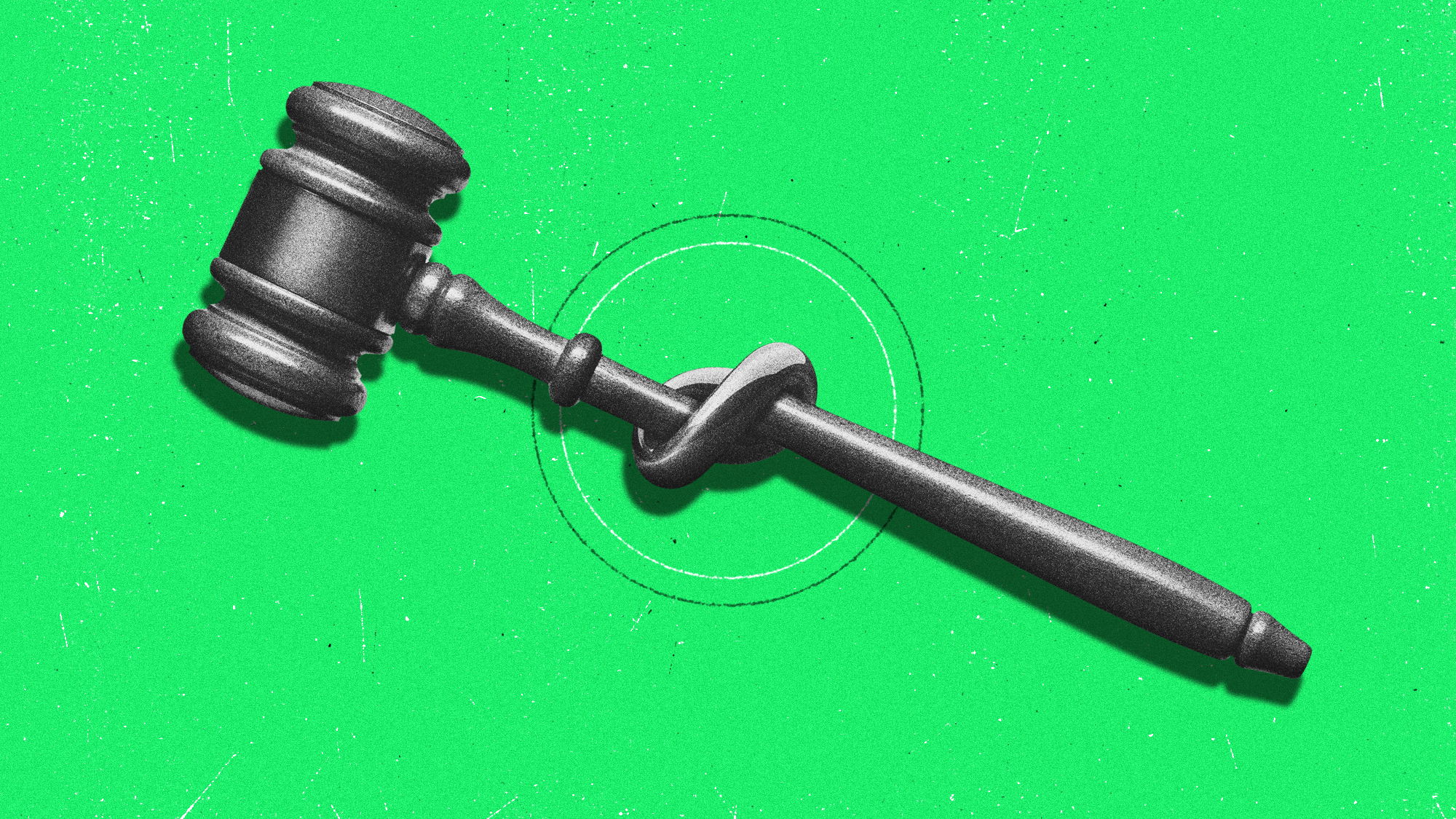 ICC under attack: can court continue to function?
ICC under attack: can court continue to function?Today's Big Question US sanctions 'designed not only to intimidate court officials and staff' but 'also to chill broader cooperation', say rights group
-
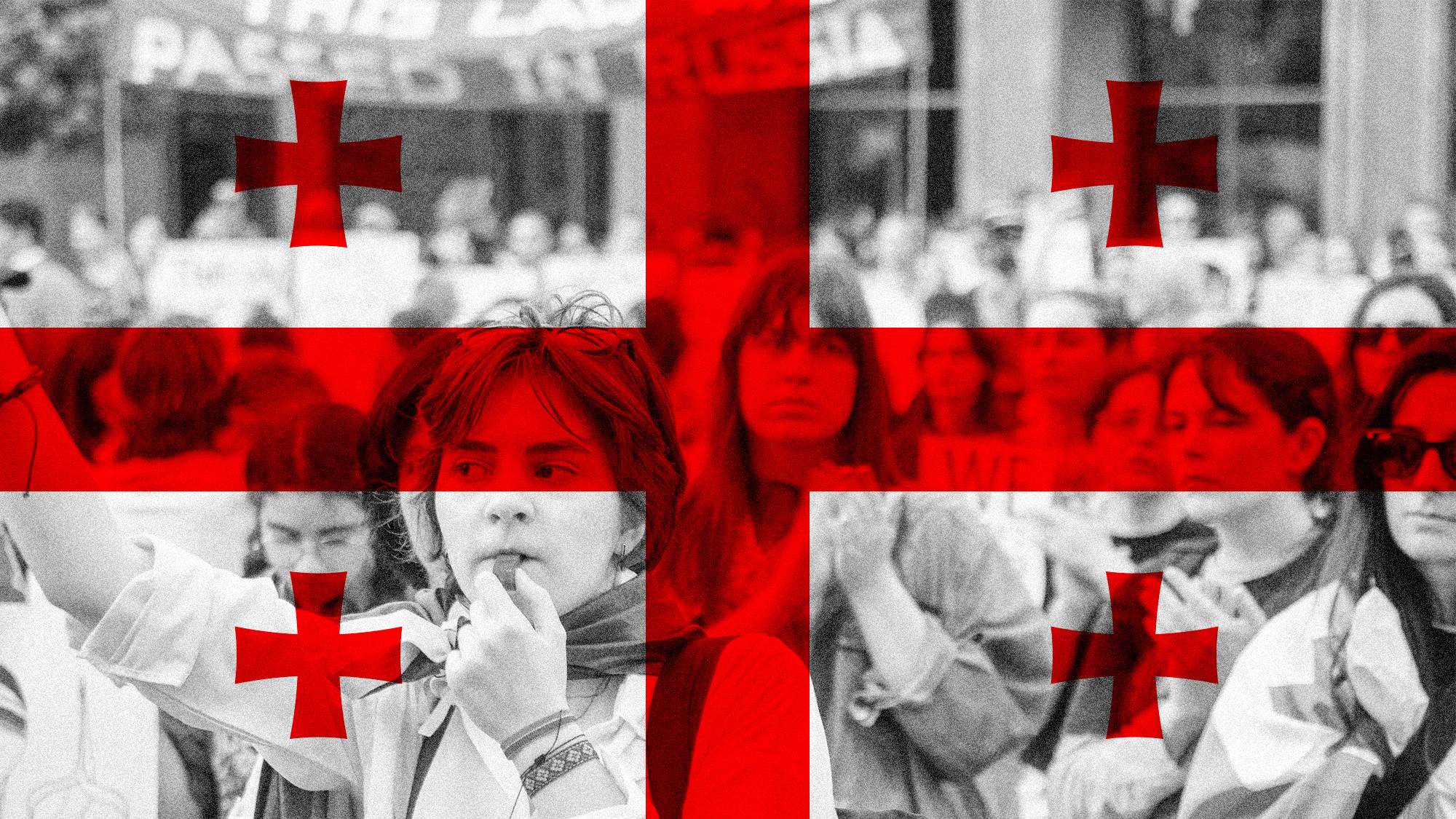 Georgia's new foreign influence bill
Georgia's new foreign influence billUnder the Radar Critics claim the 'Russian law' could stifle dissent and wreck the country's chances of joining the EU
-
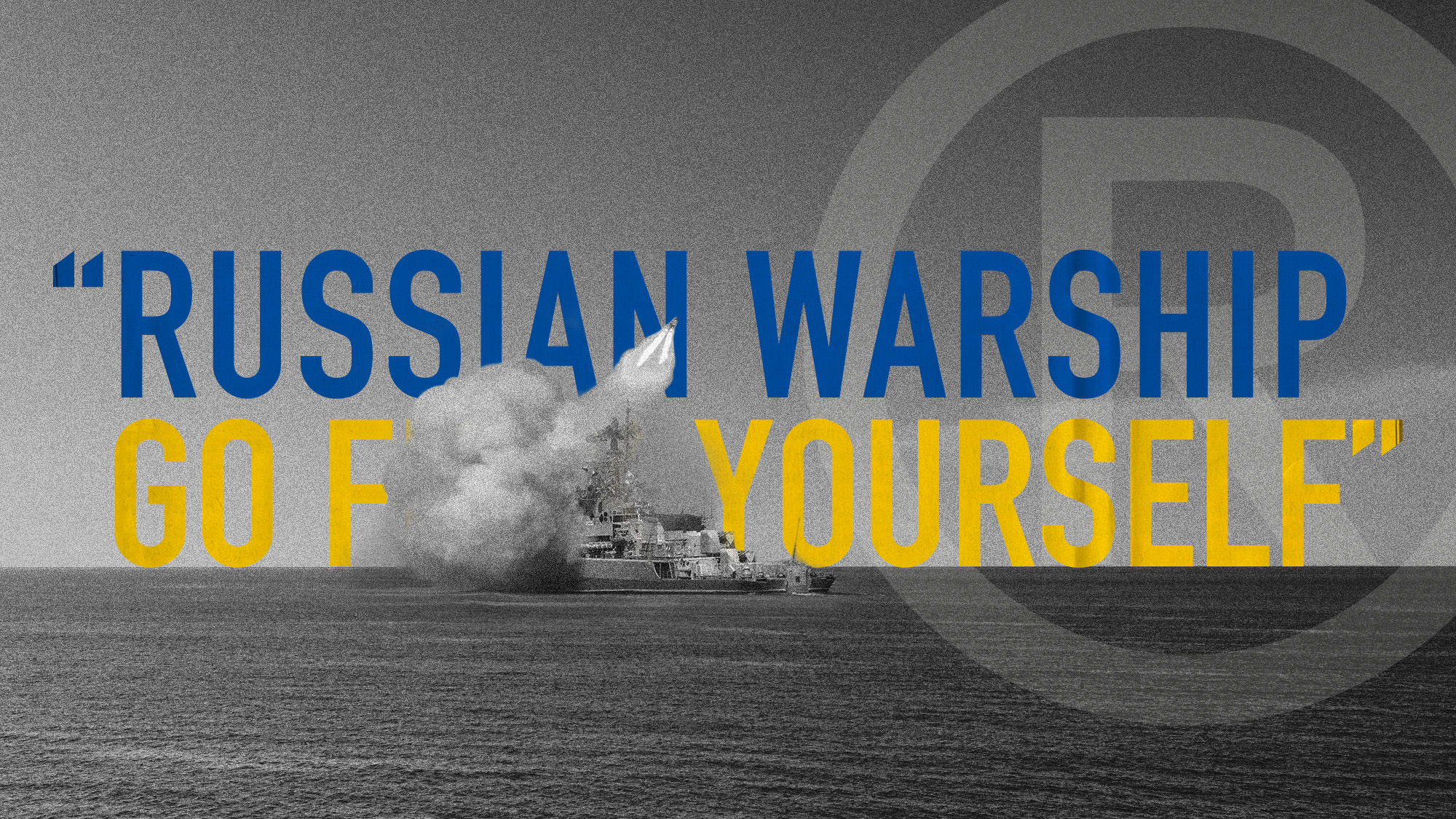 The trademark battle over the 'Russian warship, go f**k yourself' slogan
The trademark battle over the 'Russian warship, go f**k yourself' sloganUnder The Radar Row over the 'brave' response from a Ukrainian soldier to a Moscow warship that's become 'hot merchandising property'
-
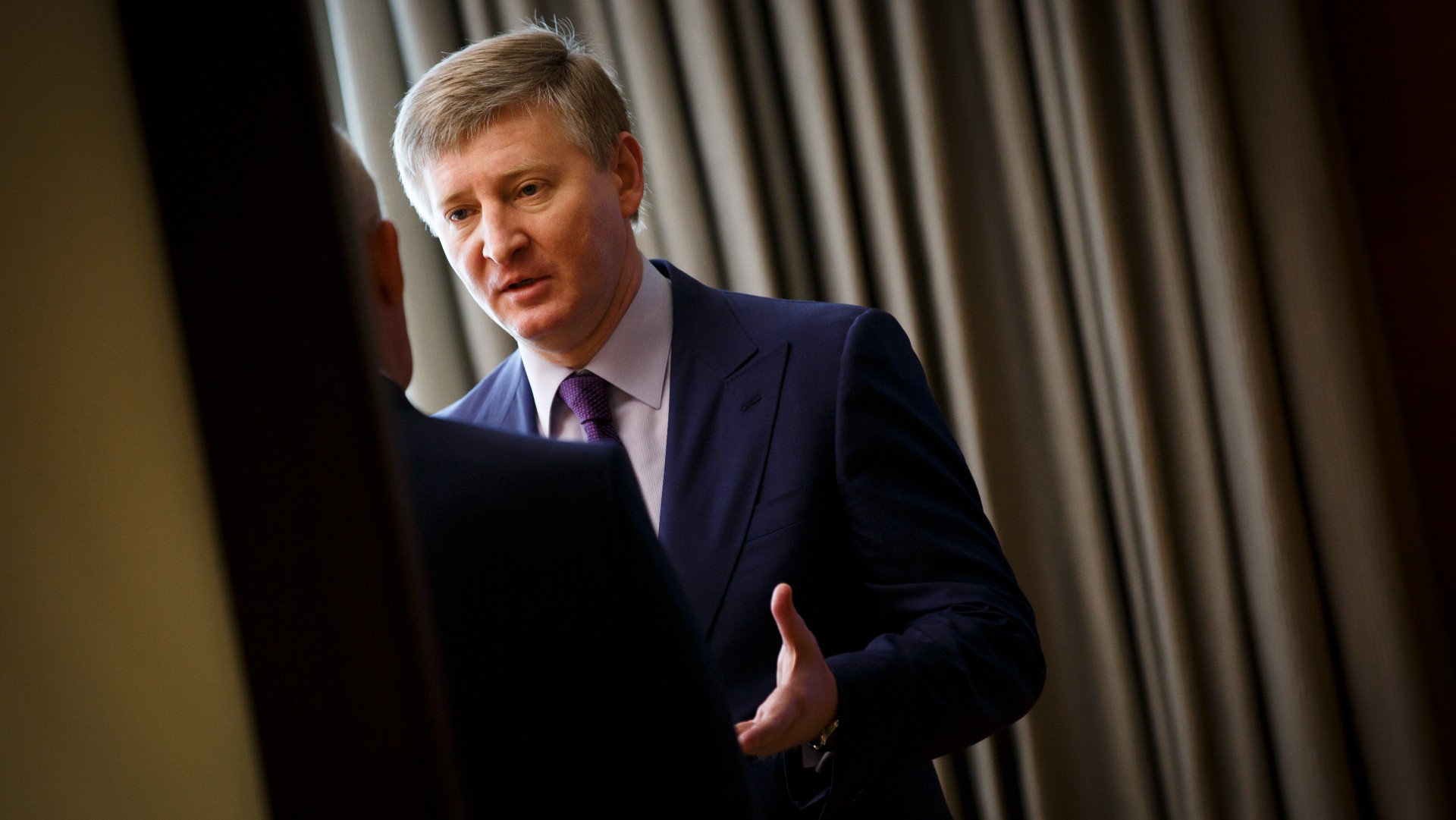 Rinat Akhmetov: the richest man in Ukraine sues Russia
Rinat Akhmetov: the richest man in Ukraine sues RussiaIn the Spotlight Steel magnate says invasion has cost him billions and violated his property rights
-
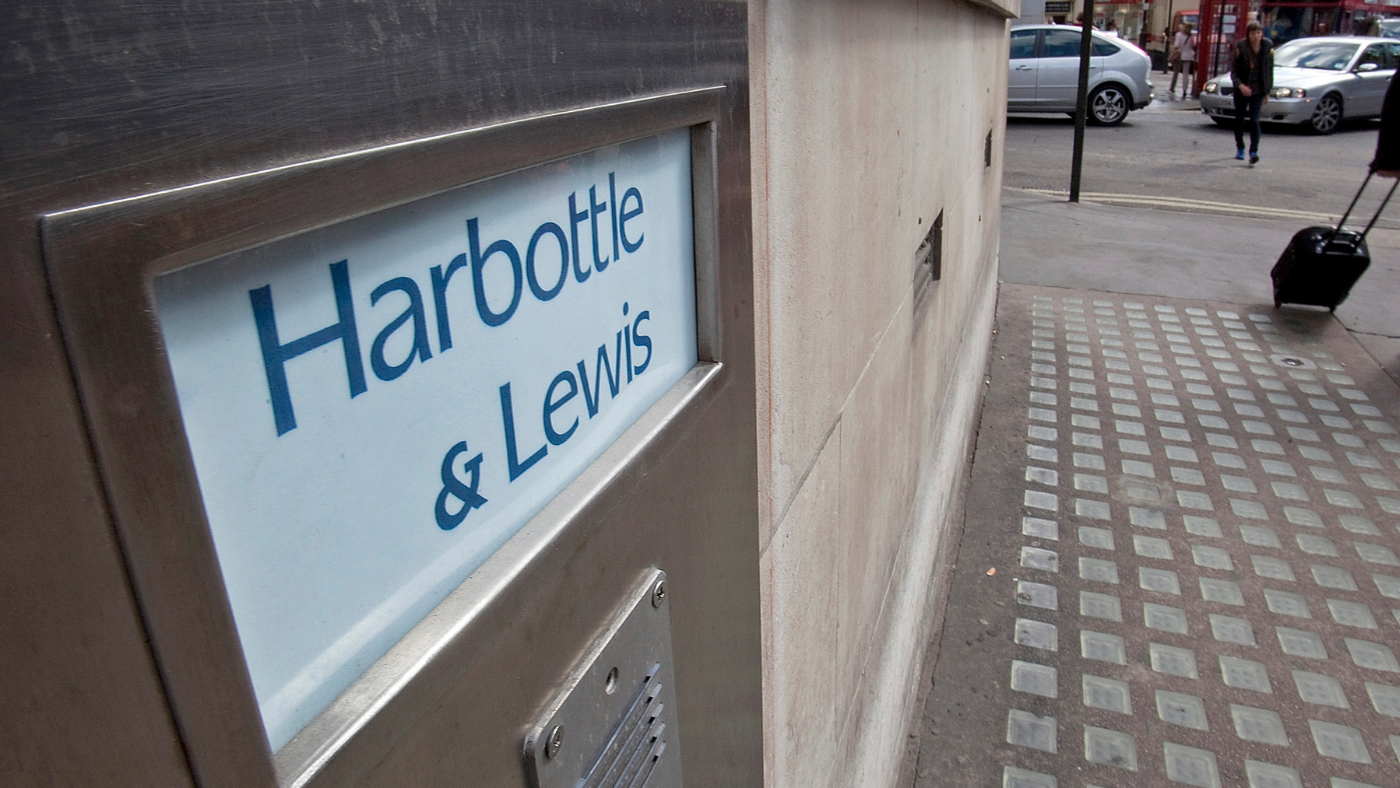 ‘Putin’s henchmen’: should lawyers be barred from acting for oligarchs?
‘Putin’s henchmen’: should lawyers be barred from acting for oligarchs?Today's Big Question Ministers have accused ‘amoral’ lawyers of working for allies of Russian president
-
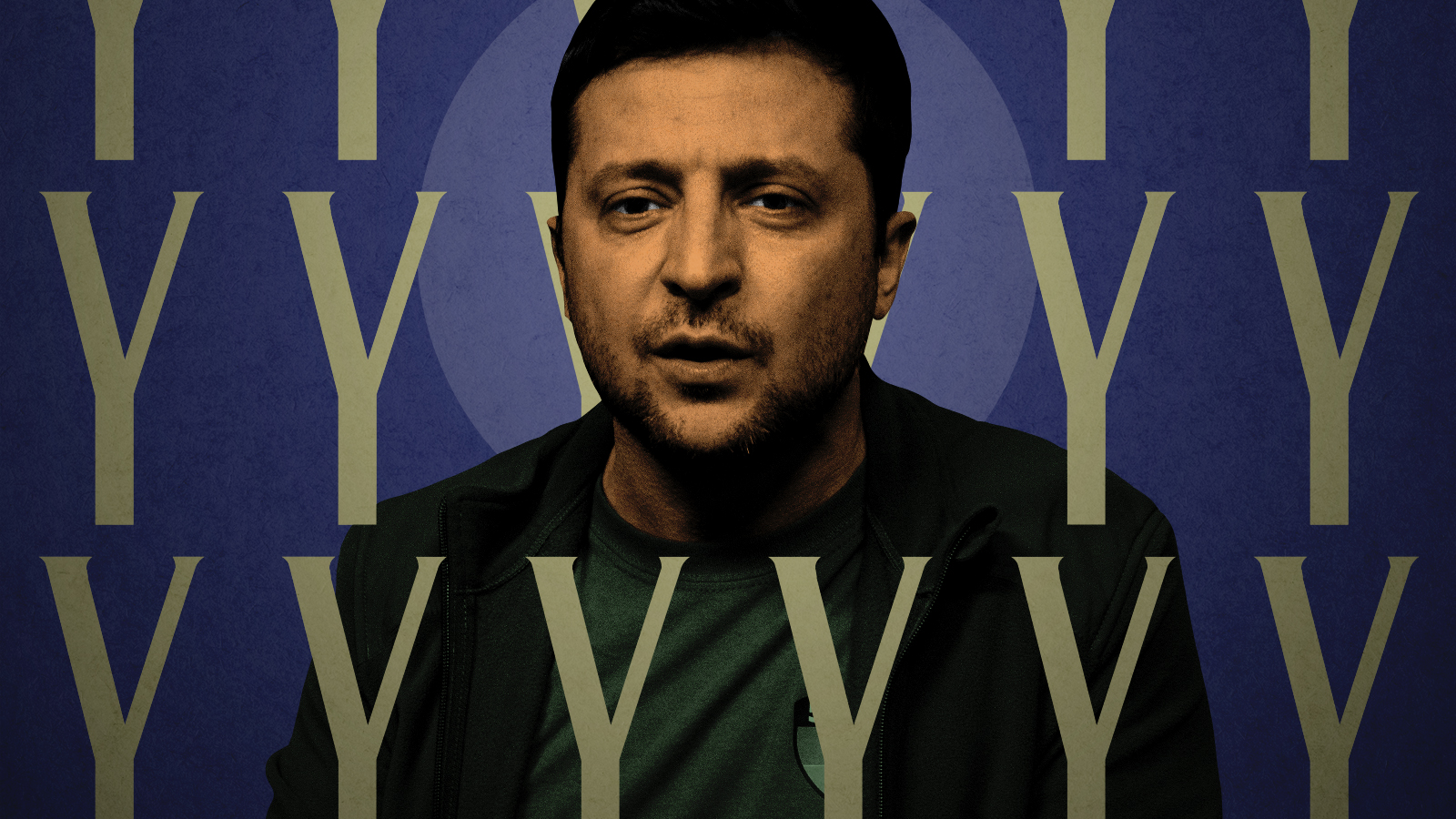 A word to the Y's on Ukrainian and Russian
A word to the Y's on Ukrainian and Russianopinion Volodymyr Zelenskyy…? Volodimir Zelenskiy…? Vladimir Zelensky…!?
-
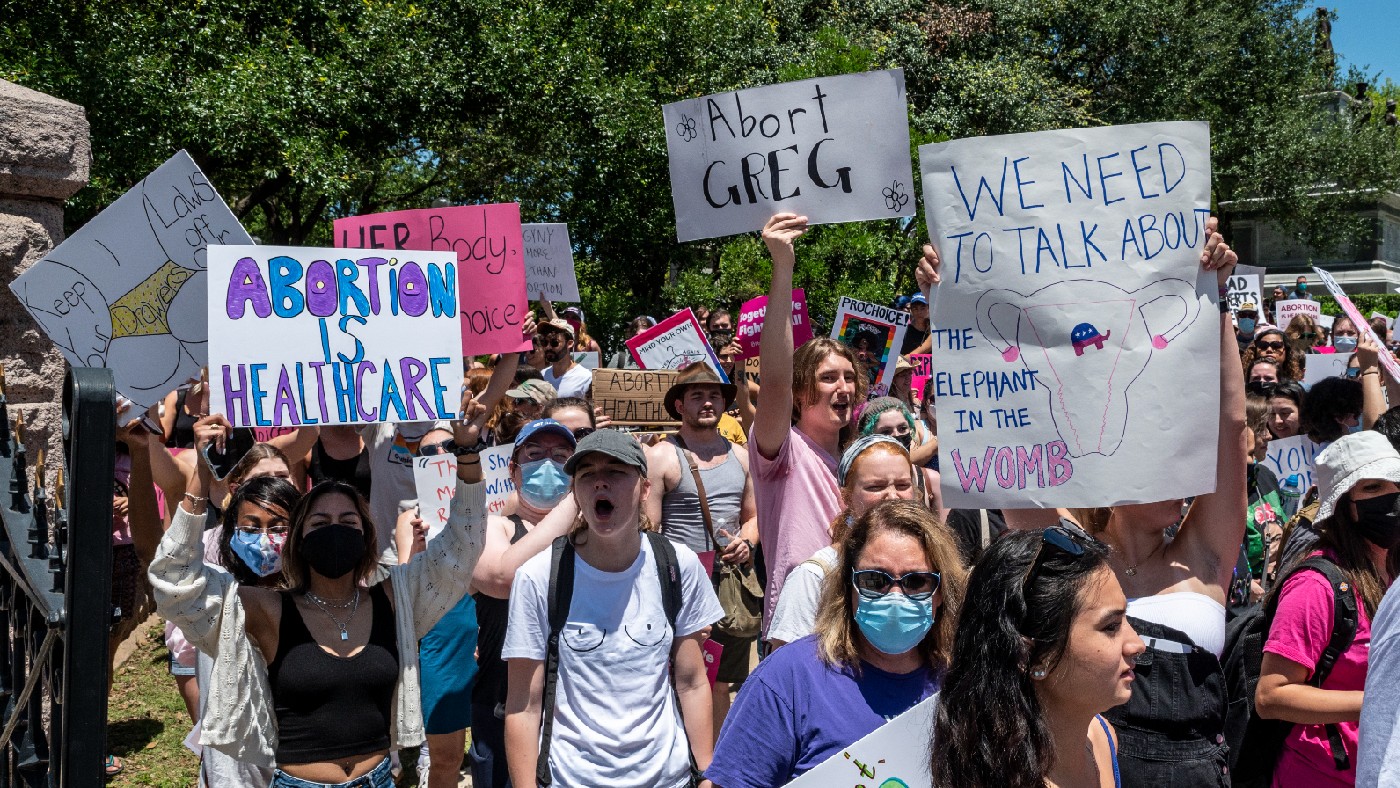 Texas’s abortion law: the Republicans get their way, at last
Texas’s abortion law: the Republicans get their way, at lastSpeed Read SB8 authorises private citizens to sue anyone who performs, ‘aids or abets’ an abortion after six weeks of pregnancy
-
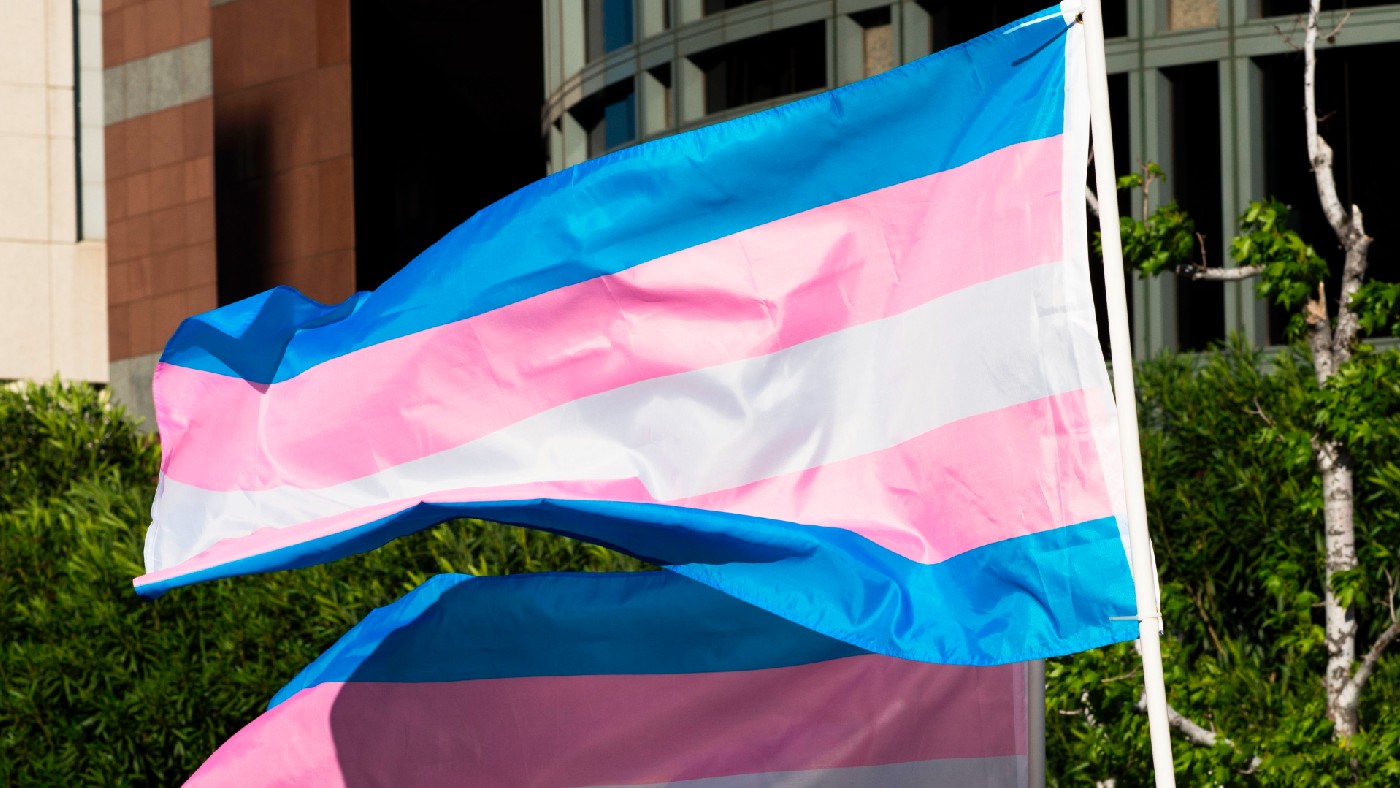 Changing legal gender: what’s new and how does it work?
Changing legal gender: what’s new and how does it work?Speed Read Cost of a gender recognition certificate application is reduced from £140 to £5